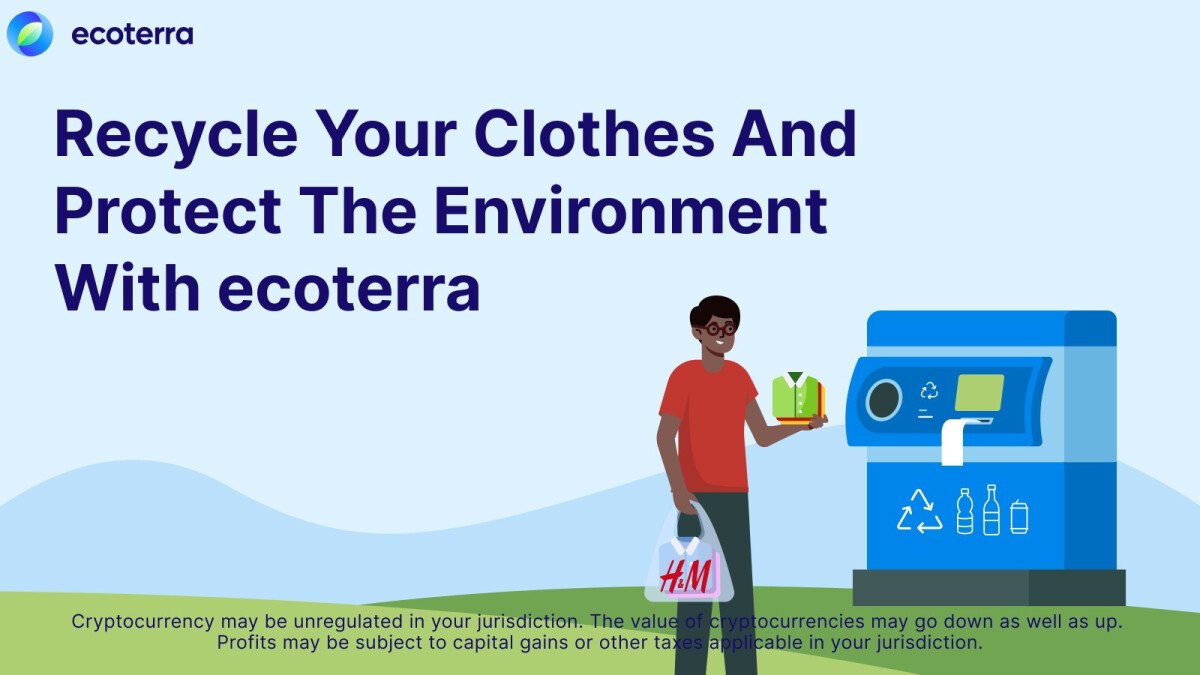New UW Energy, Petroleum Engineering Master’s Degree to Include Blockchain Course | News
31 October 2022

A new master’s program in energy and petroleum engineering will be the first to offer a graduate course in blockchain from fall 2023 at the University of Wyoming. Students enrolled in the program without an energy and petroleum engineering degree will take five core petroleum engineering courses, such as drilling engineering, and have an opportunity to experience the UW’s Drilling and Completions Simulation Laboratory. (UW image)
A new master’s program in energy and petroleum engineering will be the first to offer a graduate course in blockchain from fall 2023 at the University of Wyoming.
“If you have a BS degree and meet the UW admission requirements, you can apply for our course-based Master of Petroleum Engineering degree,” says Vamegh Rasouli, professor and chair of the UW Department of Energy and Petroleum Engineering.
Rasouli says the program will be offered in person on campus or remotely via distance delivery mode, or a combination of both, to meet student needs. He adds that the program is structured to be affordable compared to similar graduate programs offered by other institutions.
“And the program is available to interested students worldwide,” says Rasouli.
Including blockchain courses in an energy and petroleum engineering master’s degree program combines topics that are important to Wyoming and other regions around the world, he says. The program is designed so that someone without an energy and petroleum engineering background, or without knowledge of blockchain, can take basic courses to understand how the degree applies to energy and the oil and gas industry, says Rasouli.
“One of the blockchain courses, for example, is related to carbon capture and sequestration, which is everywhere now,” he says. “Another is about economics and law.”
Blockchain courses to be offered in the master’s program include “Fundamentals of Blockchain”; “Business Application of Blockchain”; “Case Studies in Blockchain”; “Blockchain in Energy”; and “Blockchain for Oil and Gas.”
Students enrolled in the program without an energy and petroleum engineering degree will take five core courses in petroleum engineering from the list of existing courses offered in the department, says Rasouli. These include geology and geophysics, drilling engineering, reservoir engineering, production engineering, completion and stimulation, with remaining courses from a combination of the specialized tracks.
“So they learn the basic concept of petroleum engineering that allows them to apply for a job,” says Rasouli. “The industry would be more than happy for someone who knows five or six subjects, give them on-the-job training and then take them as a petroleum major because right now there is a desperate need for petroleum engineers.”
In addition to careers in carbon capture, utilization and storage, Rasouli says the new master’s degree in energy and petroleum engineering can be applied to careers involving technologies for hydrogen production, petroleum and geothermal energy, data analytics, deepwater drilling and much more.
The UW Center for Blockchain and Digital Innovation (CBDI) helps facilitate the graduate level blockchain courses. Steve Lupien, CBDI director, says student enrollment in courses offered in the undergraduate minor in the blockchain degree program has more than quadrupled in the past three years.
“Initiating graduate-level courses with the Department of Energy and Petroleum Engineering is a big step toward expanding blockchain offerings to other advanced UW studies,” says Lupien.
In presenting the new master’s program for the department’s industrial consultancy, Rasouli says there was an overwhelmingly positive response from industry members who hope it can help curb the demand for energy and petroleum engineers and expand the knowledge base of innovative technologies, all at a low cost to students.
“This is not a certificate program like those offered by other schools,” says Rasouli.
For more information, visit the UW Department of Energy and Petroleum Engineering website at www.uwyo.edu/petroleum; download an information flyer; or email [email protected] or [email protected].


